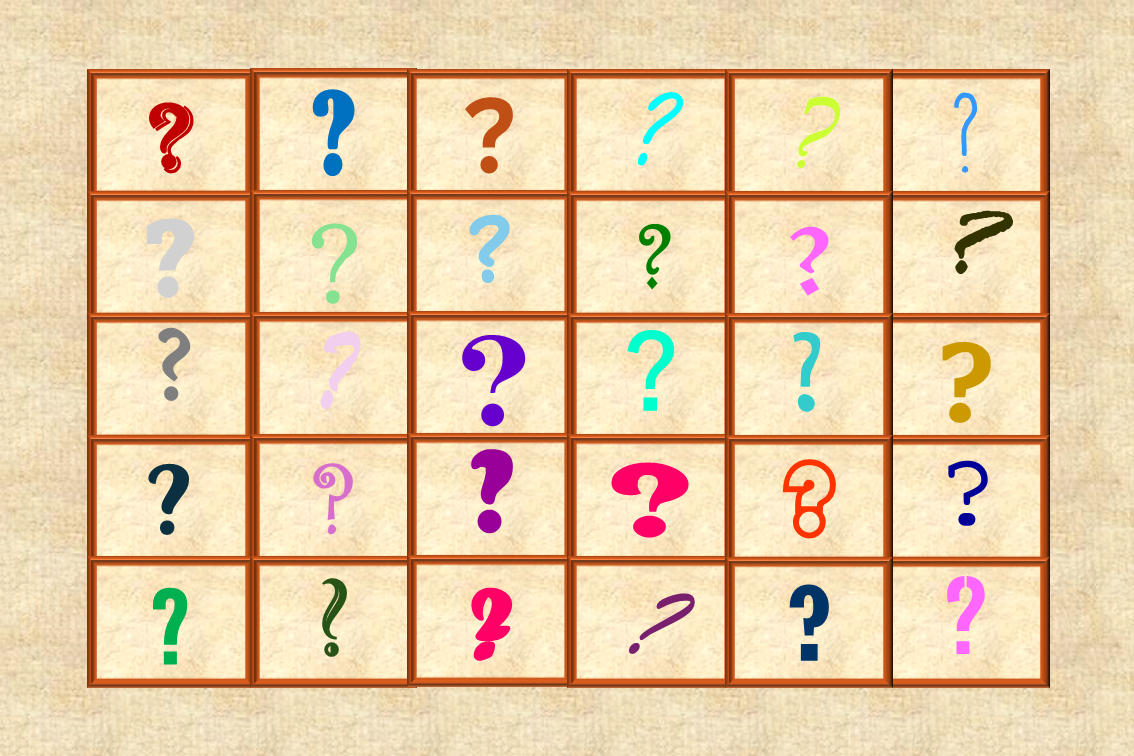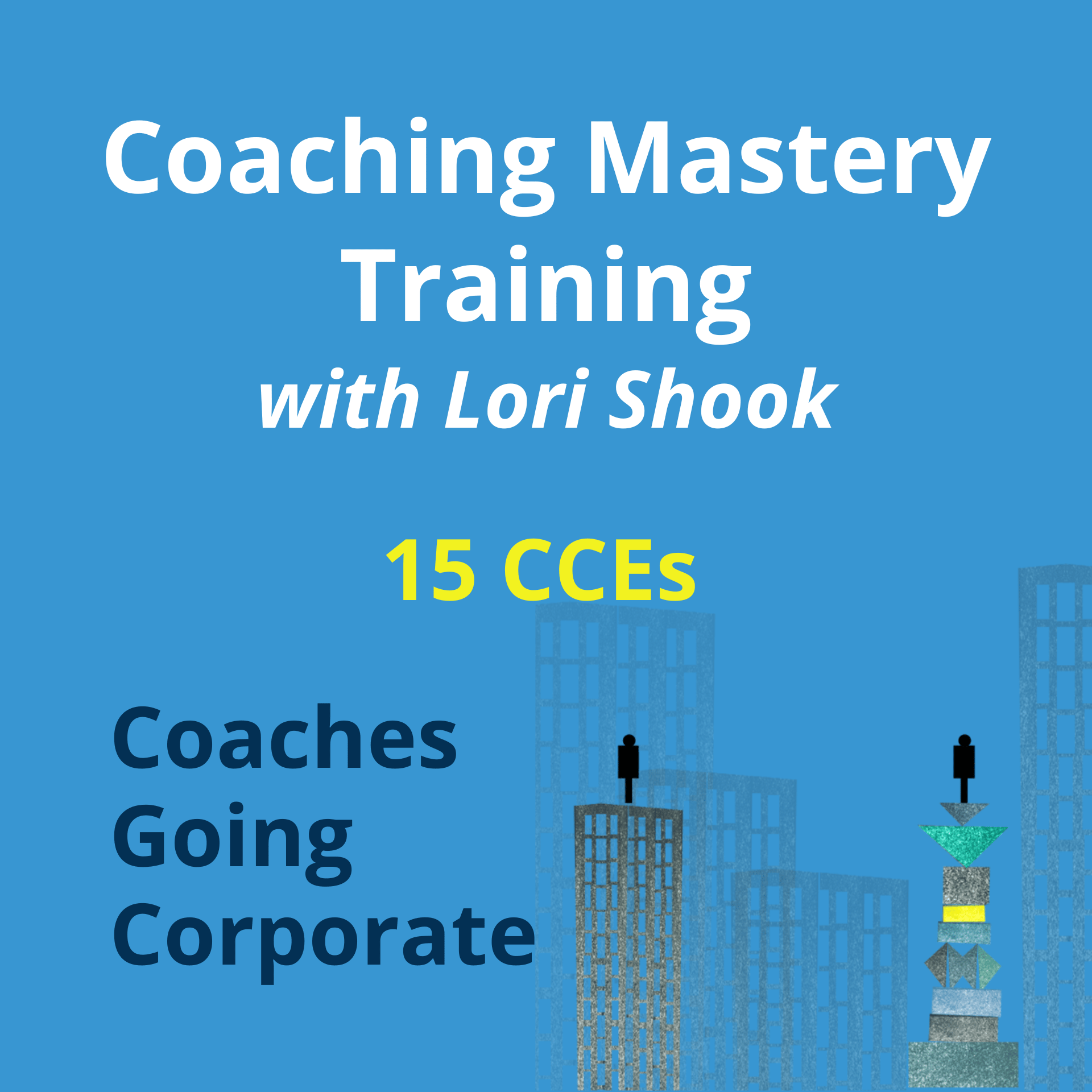
What is a useful question now?
Are you intentional about the questions you ask as a coach, trainer or facilitator?
Think about a recent coaching or training session and recall a question you asked where your client or participant answered in a way you absolutely didn’t expect.
For example: Renee’s coaching client told her that he wanted to discuss a situation he had with a colleague. After hearing a little bit about a situation, Renee asked, “What was going on for you?” He answered, “We were sitting in my office, my computer was on and messages were flooding in, my colleague was super angry with me, sitting on the other side of my desk and she started…”
Oops. Renee was trying to get her client to be more aware of his internal state so they could then investigate how he might handle interactions with this colleague differently in the future. But instead, he interpreted the question as a request for more information.
Why does that happen?
This is a common misunderstanding which happens because a coachee may not be used to coaching questions or they may not be used to reflecting on their inner state. It is normal for people to think about the details of the scene rather than how they were feeling or thinking during the situation. Coachees often provide details believing that the coach will sort out the situation and figure out a solution for that relationship.
This is partly because they haven’t been trained on how to be a client. Or it might happen because we ask ambiguous questions or we assume our clients will understand what we mean.
What can you do when your questions are misunderstood?
You can always re-ask the question but first sign-post it with where you are wanting the client to focus. In Renee’s case, she might just say, “what I meant to ask, was what was happening in your own mind in this situation? That’s so we can consider different ways you might approach a similar situation in the future.”
If you find that these kinds of misunderstandings happen fairly often, it would be worth looking at how you ask your questions.
Here’s a practice for becoming more conscious and intentional with questions:
- Think of a typical coaching or training session and some questions you might typically ask. Write them down.
- Now imagine that you are the client/participant and you are asked one of the questions. Where does the question send you and how would you answer?
If your attention isn’t going in the direction you intended as the asker of the question, then the question probably needs to be asked differently or explained.
- As the coach or trainer, consider why you ask the questions you ask or use the tools you use. Where are you trying to focus the client’s attention? And why? If you can’t answer that, you might need to be clearer about how your tools work and what kind of exploration are you inviting your clients/participants to take.
Perhaps you think you want to be “in the moment” as a coach and you don’t want to pre-plan questions. That’s great. It’s not a great idea to pre-plan questions. But it is a good idea to be conscious and intentional about any question you ask or tool you use.
So, in that moment when you are ready to propose a question, do the conscious exercise above where you ask yourself the question first and notice how it points your attention. You can do this quickly and it’s OK if there’s a moment of silence.
The point is that you can be much more effective as a coach or trainer (or leader for that matter) if you have a sense of how your questions/tools/behaviour will impact others.
Coaches Going Corporate

Coaches Going Corporate supports coaches to be conscious and intentional in all the skills they use.
more info